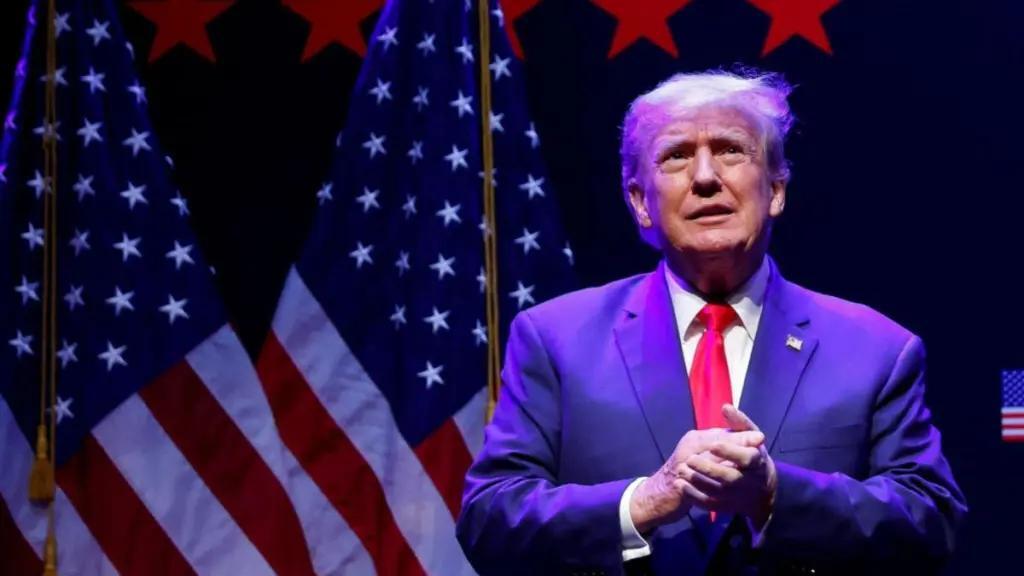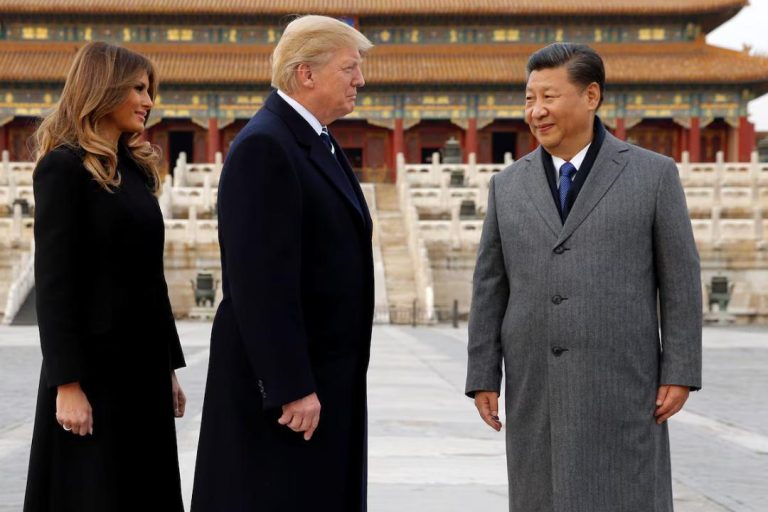
Donald Trump Exempts Smartphones & Computers from Reciprocal Tariffs
In a move that could potentially alleviate concerns among tech giants and consumers alike, United States President Donald Trump has excluded smartphones, computers, and other electronic items from the reciprocal tariffs he imposed on Chinese goods. This decision comes amid growing concerns that the tariffs, which have been set at 125% for certain Chinese goods, could lead to a significant increase in the prices of electronic devices, many of which are manufactured in China.
According to a Customs and Border Patrol notice, the exemption applies to a wide range of electronic items, including smartphones, laptops, tablets, desktop computers, and other electronic components. The notice states that these items are “essential to the national security and public health and safety” and are therefore exempt from the reciprocal tariffs.
The exemption is seen as a welcome relief by tech giants, including Apple, which had been vocal about its concerns over the potential impact of the tariffs on its business. Apple, which relies heavily on Chinese manufacturing facilities, had warned that the tariffs could lead to a significant increase in the prices of its products, including iPhones and MacBooks.
In a statement, Apple said that it was “pleased” by the exemption, but also expressed concerns over the impact of the tariffs on other industries. “We appreciate the administration’s recognition of the importance of these essential products to the US economy and national security,” the company said. “However, we remain concerned about the broader impact of these tariffs on other industries and the potential consequences for American consumers and businesses.”
The exemption is also seen as a significant win for the tech industry, which has been vocal about its opposition to the tariffs. The industry had argued that the tariffs would not only increase the cost of electronic devices, but also lead to a loss of jobs and investment in the US.
The move is also seen as a significant victory for the Chinese government, which had been pushing for exemptions for certain electronic items. China had argued that the tariffs were unfair and would harm both American and Chinese businesses.
The reciprocal tariffs, which were imposed in response to China’s alleged unfair trade practices, have been a contentious issue in recent months. The tariffs, which were set at 25% for certain Chinese goods, were met with widespread opposition from both American and Chinese businesses.
The exemption is seen as a significant shift in the administration’s stance on the tariffs, which had previously been seen as a key part of its trade policy. The move is also seen as a significant victory for the tech industry, which has been vocal about its opposition to the tariffs.
In a statement, the US Trade Representative’s office said that the exemption was made “to ensure that the tariffs do not harm the US economy or national security.” The statement also said that the exemption was made after “careful consideration” of the potential impact of the tariffs on the tech industry.
The move is also seen as a significant win for the Chinese government, which had been pushing for exemptions for certain electronic items. China had argued that the tariffs were unfair and would harm both American and Chinese businesses.
The exemption is seen as a significant shift in the administration’s stance on the tariffs, which had previously been seen as a key part of its trade policy. The move is also seen as a significant victory for the tech industry, which has been vocal about its opposition to the tariffs.






